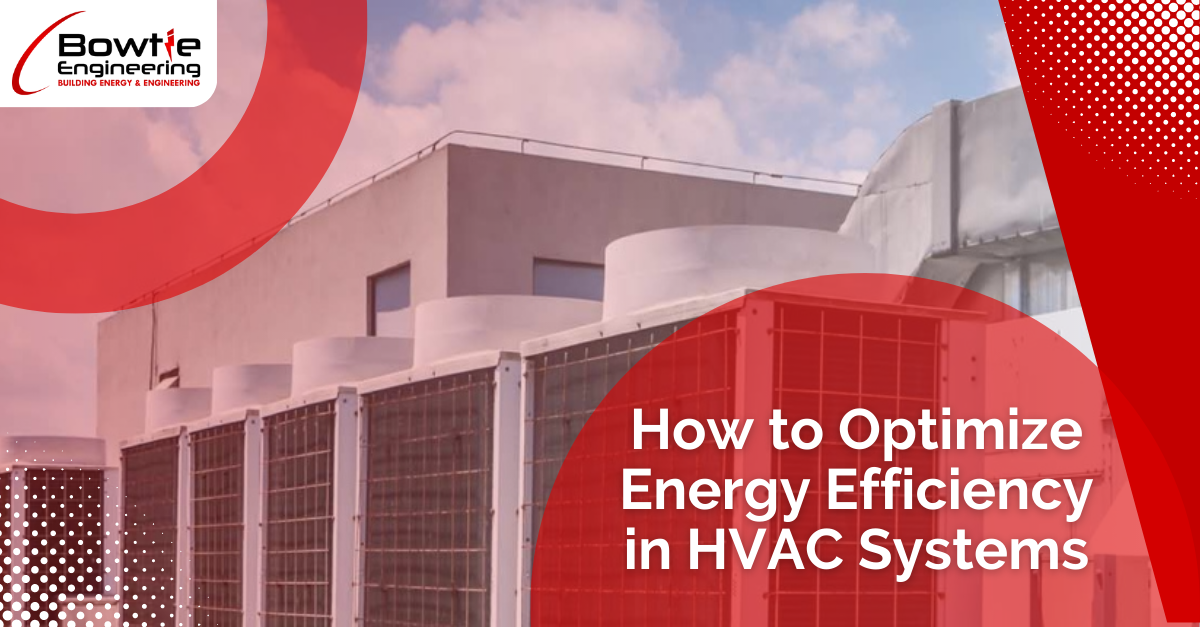Achieving Peak Comfort: The Crucial Role of HVAC System Efficiency
In the quest for optimal indoor comfort, the efficiency of your heating, ventilation, and air conditioning (HVAC) system plays a pivotal role. This article delves into the significance of HVAC system efficiency and explores the various aspects that contribute to creating a comfortable and energy-efficient living or working space.
Understanding HVAC System Efficiency:
HVAC system efficiency refers to the ability of the system to deliver the desired heating or cooling output while minimizing energy consumption. A highly efficient HVAC system not only provides comfort but also reduces utility costs and environmental impact. Understanding the factors influencing efficiency is essential for maximizing the performance of your system.
The Impact of Proper Sizing:
Proper sizing is a critical factor in HVAC system efficiency. An oversized system may short cycle, turning on and off frequently, leading to energy wastage and increased wear on components. Conversely, an undersized system may struggle to meet the demand, working continuously and consuming more energy. Proper sizing ensures that the HVAC system operates efficiently, maintaining a balance between comfort and energy conservation.
Investing in Energy-Efficient Equipment:
The core of HVAC system efficiency lies in the equipment itself. Investing in energy-efficient furnaces, air conditioners, and heat pumps can significantly impact overall performance. Energy-efficient equipment utilizes advanced technologies, such as variable-speed motors and high-efficiency compressors, to provide the same level of comfort with lower energy consumption.
Implementing Smart Thermostats:
Smart thermostats contribute to HVAC system efficiency by allowing precise control over temperature settings. These devices can learn user preferences, create personalized schedules, and adapt to changing conditions. By optimizing temperature control based on occupancy and preferences, smart thermostats enhance comfort and minimize unnecessary energy use.
Regular Maintenance for Peak Performance:
Regular maintenance is a key factor in preserving HVAC system efficiency. Dirty filters, worn-out components, and neglected systems can hinder performance and increase energy consumption. Scheduled inspections, cleaning, and tune-ups by HVAC professionals ensure that the system operates at peak efficiency, reducing the risk of breakdowns and extending the lifespan of components.
Sealing and Insulating Ductwork:
Efficient HVAC system operation relies on the integrity of the ductwork. Leaks and inadequate insulation can lead to energy losses, reducing overall efficiency. Sealing and insulating ductwork minimize these losses, ensuring that conditioned air reaches its destination without unnecessary wastage. This contributes to a more energy-efficient and effective HVAC system.
Zoning Systems for Targeted Comfort:
Zoning systems enhance HVAC system efficiency by allowing users to divide the property into distinct zones with independent temperature controls. This targeted approach ensures that energy is directed only to areas that require heating or cooling, avoiding unnecessary energy consumption in unoccupied spaces. Zoning systems provide personalized comfort while optimizing efficiency.
Harnessing Natural Ventilation:
Natural ventilation is an eco-friendly strategy that enhances HVAC system efficiency. Opening windows and doors during mild weather allows fresh outdoor air to circulate, reducing the reliance on the HVAC system. This simple yet effective practice contributes to both energy savings and improved indoor air quality.
Utilizing Energy Recovery Ventilation (ERV):
Energy recovery ventilation systems are a sustainable addition to HVAC system efficiency. ERV systems exchange stale indoor air with fresh outdoor air while recovering and transferring heat or moisture. This process enhances ventilation without sacrificing energy, contributing to overall system efficiency and indoor air quality.
Smart Technology Integration for Optimization:
Integrating smart technology into HVAC systems takes efficiency to the next level. Smart HVAC systems can adapt to changing conditions, learn user behavior, and adjust settings for optimal efficiency. Remote monitoring and control further contribute to energy savings by allowing users to make real-time adjustments based on occupancy and weather conditions.
Your Path to Efficient Comfort:
For those seeking to enhance HVAC system efficiency, consider exploring HVAC System Efficiency. Our experts are dedicated to providing tailored solutions that maximize energy efficiency, reduce costs, and create a comfortable and sustainable living or working space. Contact us today to experience the benefits of a fully optimized heating, ventilation, and air conditioning system.

